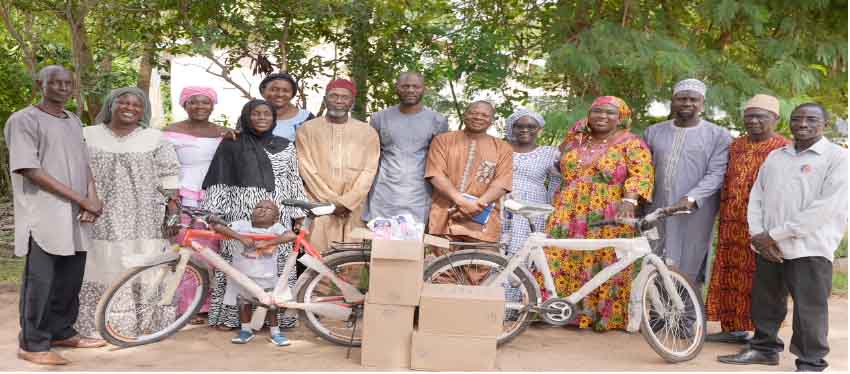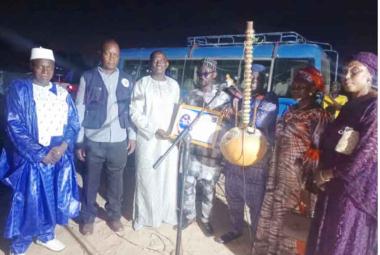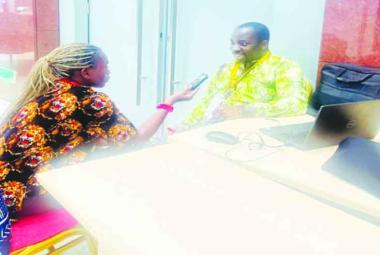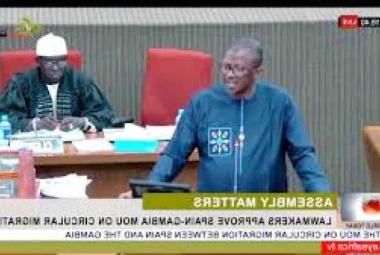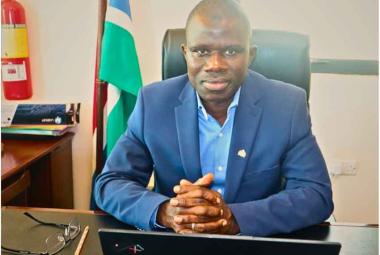By Abdou Mbye
The World Bank, through the Sub-Saharan Africa Women’s Empowerment and Demographic Dividend Plus (SWEDD+) Project, last week handed over bicycles and sanitary pads to the Gender Education Unit, under the Directorate of In-service Training and Life-long Learning (DITALL) at the Ministry of Basic and Secondary Education (MoBSE).
The event was held on Tuesday, 1 October, at the Regional Education Office in Kanifing. The support is aimed at enhancing girls’ attendance, retention, and completion of basic and secondary education.
Delivering his keynote address, the Deputy Permanent Secretary (DPS) Admin, Mr. Sang Gomez, stated that the bicycles will ease the mobility of girls to school and facilitate their timely arrival, which supports the attainment of the contact hours required for the academic year. He said the absence of sanitary pads can affect girls’ attendance, performance, mental health, and well-being, because of the stigma and discrimination attached to menstruation.
Mr. Omar Mbakeh, Operations Officer at the Ministry of Health’s Project Coordinating Unit, affirmed that the intervention was meant to empower girls, and ensure that their education goes uninterrupted.
He reported that access to education for girls has been a longstanding challenge over the years. He observed that “most girls, while going through their natural phenomenon, shy away from school and do not attend classes, thus missing the necessary contact hours”.
Mr. Mbakeh implored that the materials reach the right beneficiaries.
He thanked all partners and stakeholders of the project for their support and collaboration.
The head of the Gender Education Unit, Isatou S. Jallow, alluded that girls face many social, economic, and religious challenges, which are factors that encumber their education. She expressed optimism that the support from the SWEDD+ Project will not only help improve girls’ enrollment in school but also retain them beyond senior secondary.
“Girls’ enrollment trends remain good, but retention and performance of girls remain a challenge,” she observed.

